
The School of Engineering and Applied Sciences is a vibrant and diverse community of researchers, innovators and entrepreneurs. We collaborate to discover new knowledge, educate tomorrow's leaders, and solve the most pressing challenges facing society today. Because in SEAS, resilience is in our DNA and we plan to leave the planet better than we found it.
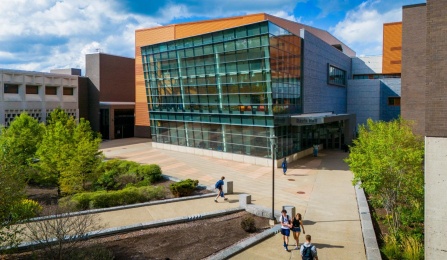
The School of Engineering and Applied Sciences welcomes 12 new faculty members with expertise in critical areas like AI, molecular discovery and hybrid semiconductors.
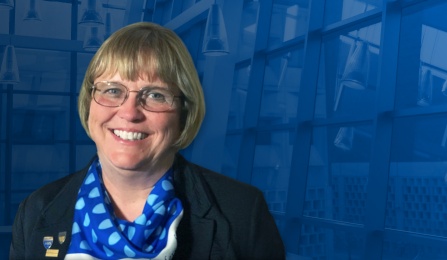
Maria Lehman, a recently elected National Academy of Engineering member is the Samuel P. Capen Professor of Engineering Management in UB's Department of Industrial and Systems Engineering.
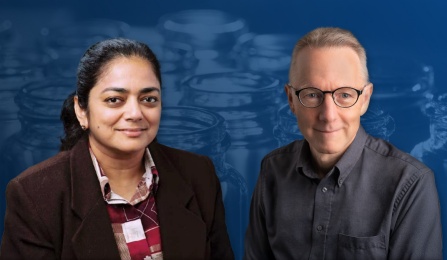
David Kofke and Bina Ramamurthy have received the AIChE William H. Walker Award for Excellence in Contributions to Chemical Engineering Literature and a Fulbright Scholar award, respectively.
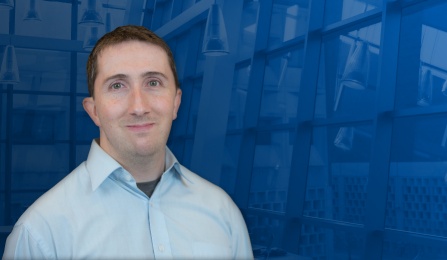
A UB faculty member since 2011, Nicholas Mastronarde brings a dedication to excellence and an inspiring vision for the department’s future.
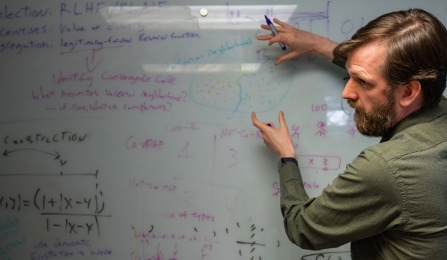
The degree programs, offered in collaboration with the Department of AI and Society, will prepare students to apply AI tools to their respective disciplines.
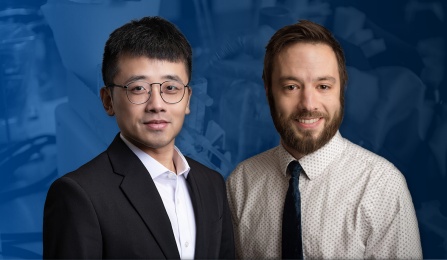
Assistant professors Kaiyi Ji and Ian Bradley address societal concerns in AI decision-making, the environment and wastewater treatment.
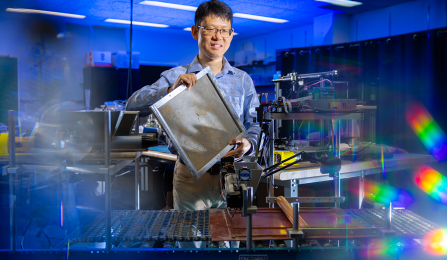
Professor Chi Zhou's wheat straw insulation is less energy-intensive to develop than current insulation industry standards, and has other sustainable benefits.
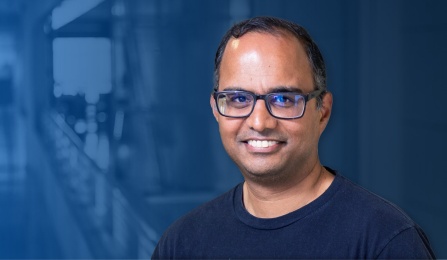
Atri Rudra, Katherine Johnson Chair in Artificial Intelligence, will lead UB's new Department of AI and Society. The department is advancing research and education in artificial intelligence.
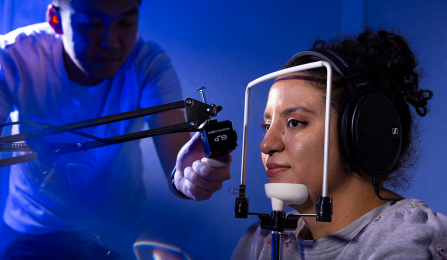
The Department of AI and Society, supported with $5 million in funding from New York State, will focus on research, teaching and community outreach examining AI and its societal impact.
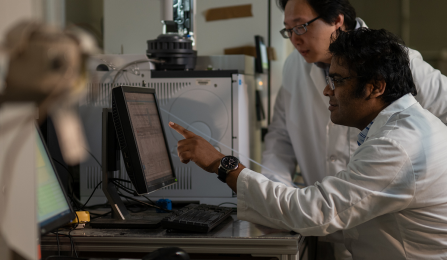
Miao Yu, Department of Chemical and Biological Engineering, will lead the U.S. DOE-funded project that could make everyday goods more affordable and lessen their environmental impact.










